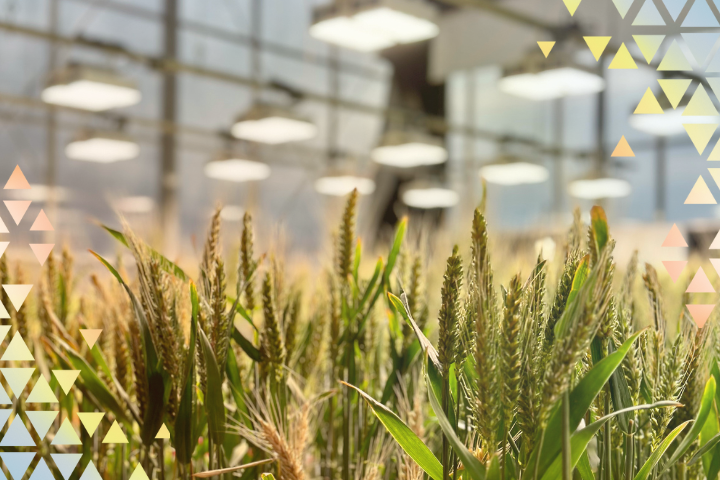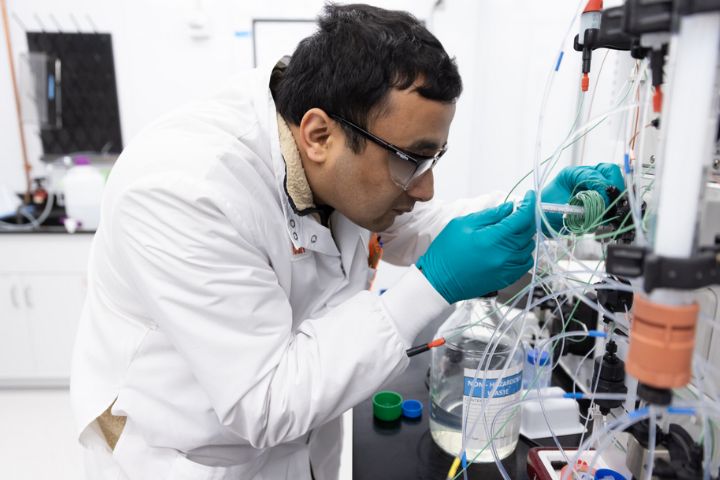By Ponsi Trivisvavet
Inari CEO
–
Modern agriculture is an incredible success story, with each advancement enhancing human nutrition or aiding food security.
Unfortunately, success is sometimes accompanied by unintentional side effects. In its current form, our food production system demands that nearly 50% of Earth’s habitable land be put under cultivation, using more natural resources than we could ever replace and contributing significantly to greenhouse gas emissions.
Of course, there’s no shortage of resolve when it comes to approaching these issues. Secretary of Agriculture Tom Vilsack pledges to ramp up USDA programs to combat climate change, and a bill introduced in Congress last year sets a net zero emissions goal by the year 2040. Some environmental scientists fear it’s too little, too late. To restore what we’ve already lost, we need to push beyond neutrality. We must become “net positive.”
This is precisely what we do at Inari.
By working with nature, science and technology make it possible for us to unlock the full potential of seeds for any crop, any geography, and any environment.
Our SEEDesign™ platform unlocks new possibilities using predictive design and advanced multiplex gene editing. Our technology matches the complexity and diversity of nature. With it, we will help transform the food system to benefit the planet and society. It’s a vision that, like our technology, is scalable. The more farmers rely on these products, the more the “net positive” environmental impact will grow.
And these sustainable benefits go beyond the planet and extend to those who grow our food. Our goal is to ensure that farmers around the world are able to make a decent and sustainable living, helping to revitalize rural communities. We will create an entirely new pool of value, enabled by radical yield improvement, input reduction and aligned with public demand for sustainable growing practices — helping farmers globally gain power and profitability.
While this vision is ambitious, it is absolutely achievable. And we’re not the only ones who think so.
Last fall, I joined CEOs from 68 companies worldwide through the UN Food Systems Summit. We considered opportunities that might encourage the private sector to support the transformation of our food system, an effort tied to the UN’s Sustainable Development Goals.
During this “CEO consultation,” we discussed boosting research, development, and innovation related to sustainable farming, and also how to improve farmers’ access to new technology and diversify their income through incentives that promote “nature-positive production.”
These ideas track closely with Inari’s vision.
We see a world where technology allows farming to remain global, but also be more localized. A world with greater productivity on fewer acres. A world that places a premium on resource efficiency, supported by crops that use dramatically less water, nitrogen, and other inputs. We envision plants that produce sufficient nutrition for a growing global population in a truly sustainable way, and technology that will not just protect natural resources but help to regenerate them, all while allowing farmers to gain power and profitability.
We can no longer deny that further advancement is an imperative. Science has empowered important achievements, but existing technology is no longer fit for purpose in a world tasked with supporting eight billion people.
The problems inherent in the current food system are numerous and complex. But a radically transformed system — revolutionized by innovation and delivered through seed — has the potential to solve them.
RELATED POSTS
Three Ways Gene Editing Supports Biodiversity
Genetic diversity in plants is the foundation of resilience, productivity, and adaptability. It enables crops to withstand environmental pressures, resist diseases, and thrive in varying climates, the result of millennia…
Inari’s Labs Achieve ‘My Green Lab’ Certification
We have a deep commitment at Inari to food system sustainability, which in addition to prioritizing food security and improved farmer well-being puts a focus on better caring for our…
An October Reflection on Food System Sustainability
By Jamie SaxonHead of Sustainability – Harvest season is in full swing in the U.S., a time of year that’s equal parts exciting, nerve-wracking and busy for farmers as they…


